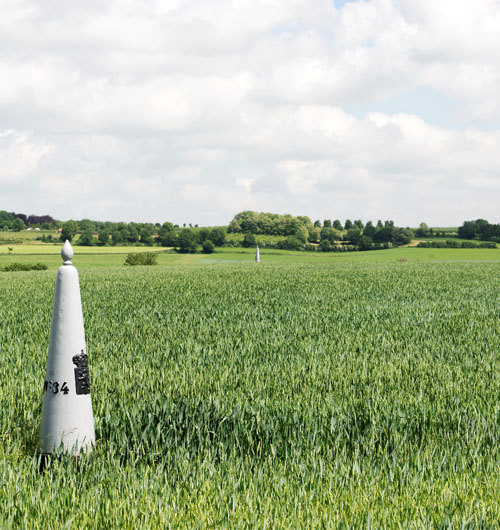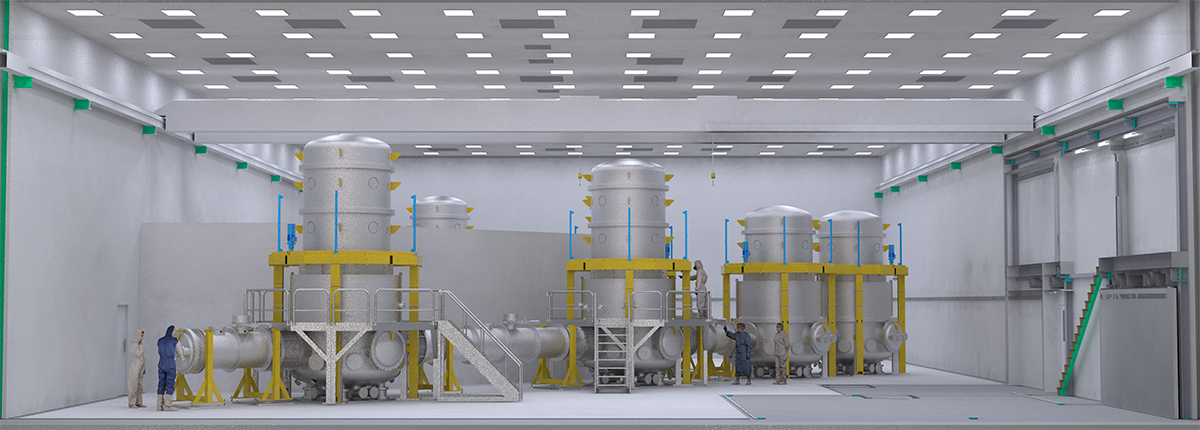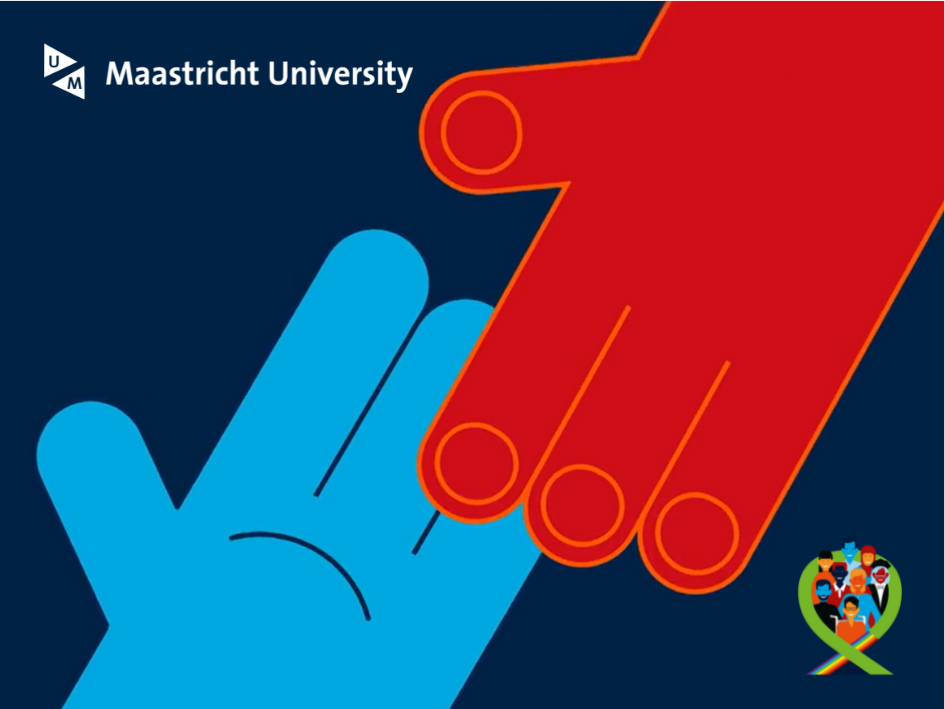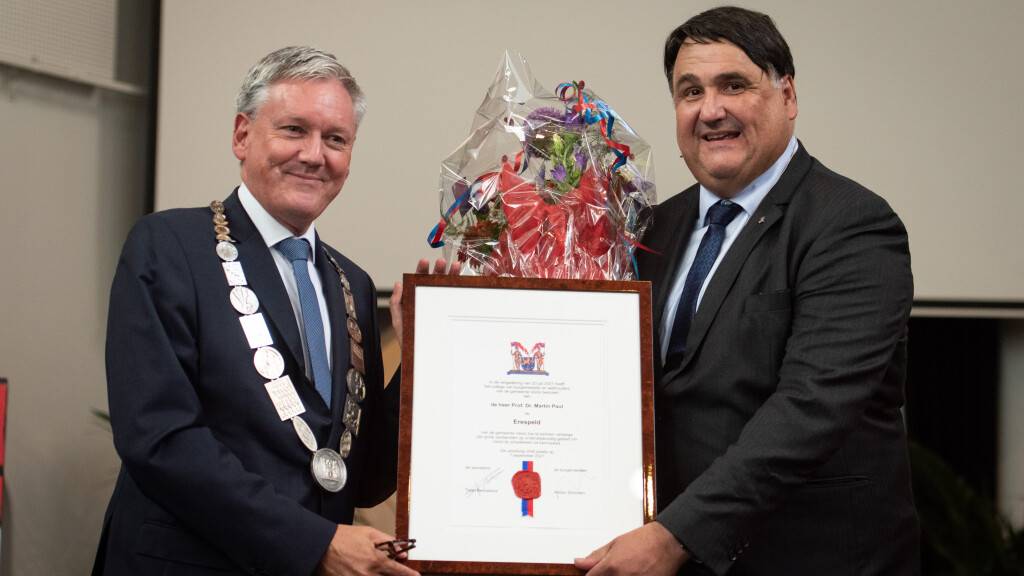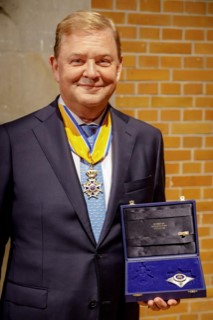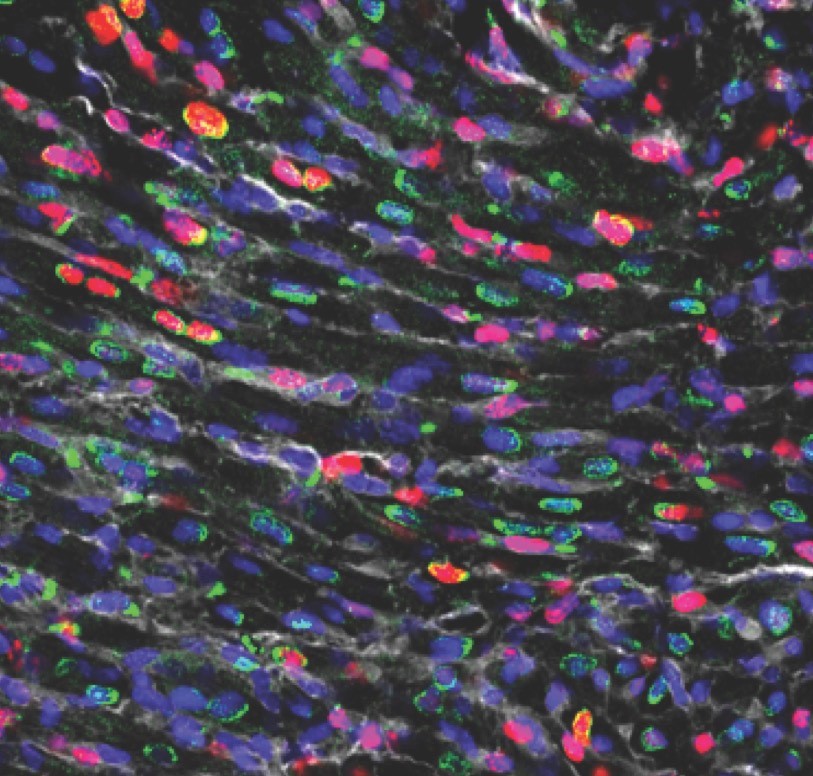News
-
Unless the EU rules and tax treaties are amended, some cross-border workers will soon have to pay tax in two countries: in their country of residence for hours spent working from home, and in the country in which they work for hours spent in the office. Since COVID-19 has made working from home...
-
Demissionary Minister of Education, Culture and Science Ingrid van Engelshoven will open ETpathfinder in Maastricht this afternoon. The state-of-the-art physics laboratory will serve as a testing ground for the development of technologies for future gravitational wave detectors.
-
On 3 November, Maastricht University (UM) signed Amnesty International's manifesto ‘Let's talk about Yes’. With this, UM will intensify its activities against sexual violence. In doing so, UM will explicitly seek out cooperation with parties that have their own expertise, responsibilities and...
-
Researchers from Maastricht University have enabled an epilepsy patient to hear through a laptop the word she was thinking of at that exact moment. This is an important step in research aiming to facilitate communication by people with severe speech impairments.
-
A miniscule area in the brain can help to identify an increased risk of Alzheimer’s disease at a very early stage, researchers from Maastricht University found. The locus coeruleus (LC), or blue spot, is hidden deep in the brainstem and can only be detected with advanced MRI equipment.
-
Improved compatibility between each other’s study programmes and the combination of scientific and practice-oriented education and research to benefit the region, with a focus on IT/data science, health and science/chemistry. This is the substance of the more intensive collaboration that Zuyd...
-
UM President Martin Paul received the badge of honour ('erespeld) of the city of Venlo on 7 September from Mayor Scholten.
-
On September 3, 2021, Prime Minister Rutte presented a rare high royal award to Feike Sijbesma, former CEO of Royal DSM and honorary doctor of the UM.
-
Scientists and cardiologists have known for decades that once a piece of heart muscle has died, for example due to a heart attack, it will never grow back. However, a research group from Maastricht University led by Professor Leon de Windt has now shown that by tinkering with microRNAs, heart muscle...
